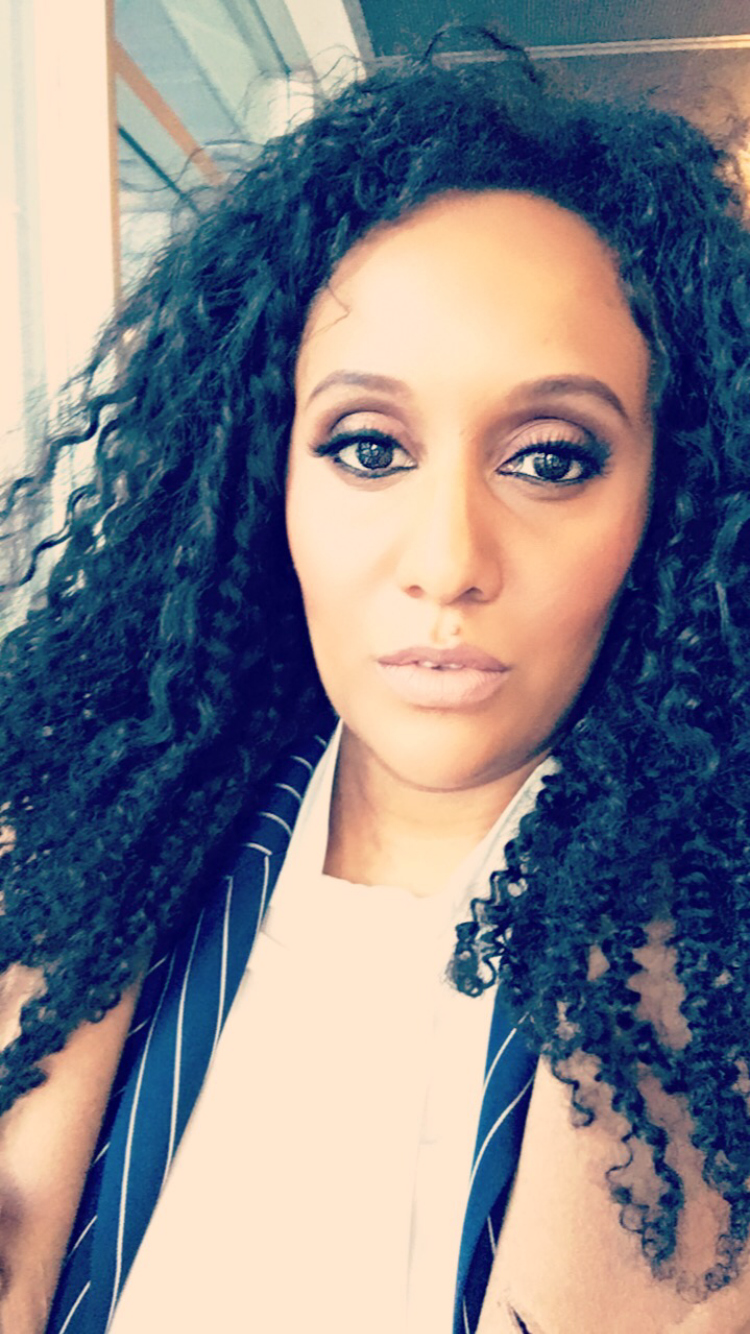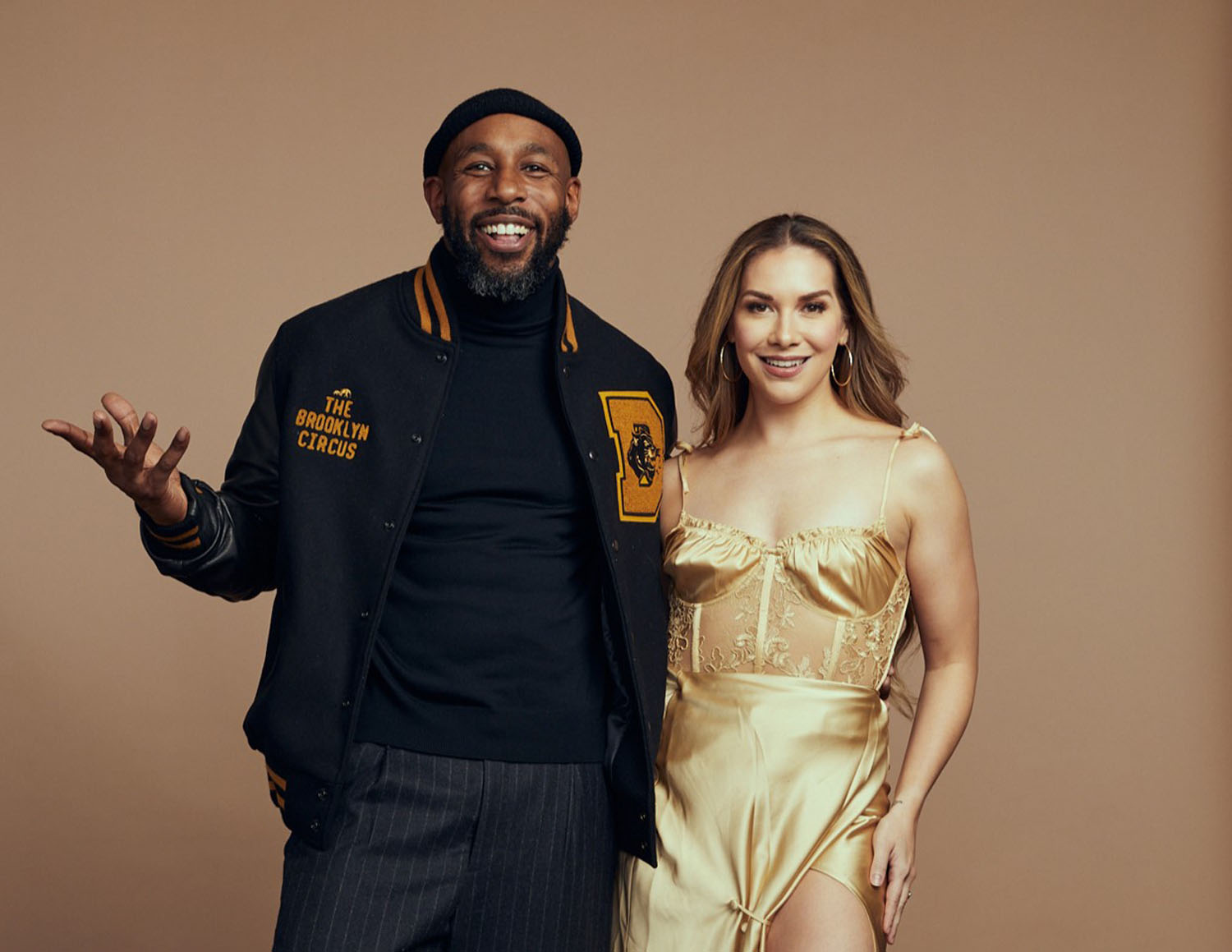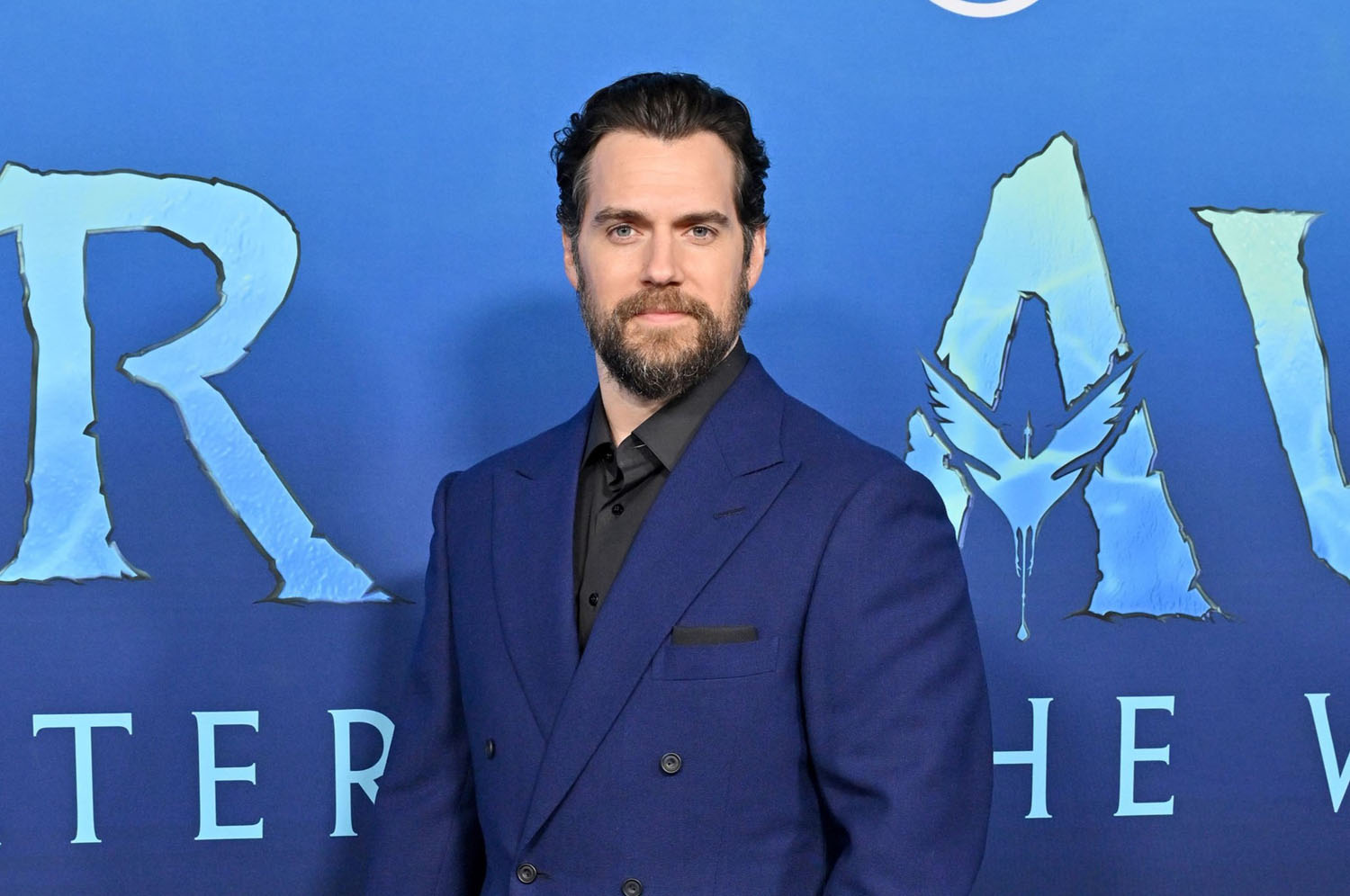Remembering tWitch



(Please note that this post is about mental health and please mind the trigger warning.)
It was confirmed yesterday that beloved professional dancer, actor, television producer, and television personality Stephen ‘tWitch’ Boss died by suicide. He was 40 years old. In 2008, tWitch finished in second place on So You Think You Can Dance. From 2014 to the show’s conclusion this year, tWitch was a co-host and co-executive producer of The Ellen DeGeneres Show on CBS, which made him a household name. The loss of this deeply loved, warm, generous, talented, joyful man sent shock waves across social media and into our homes. I was fond of his days on So You Think You Can Dance, millions were also connected to him on Ellen, or fans of his social media accounts where he was often dancing with his wife Allison Holker. Holker is also a professional dancer and actor –the couple met in 2010 after competing as all-stars in So You Think You Can Dance season 7, eventually marrying in 2013. tWitch is survived by Allison and their three children Zaia, Maddox, and Weslie.
Yesterday, Allison released the following statement:
"It is with the heaviest of hearts that I have to share my husband Stephen has left us. Stephen lit up every room he stepped into. He valued family, friends and community above all else and leading with love and light was everything to him. He was the backbone of our family, the best husband and father, and an inspiration to his fans
"To say he left a legacy would be an understatement, and his positive impact will continue to be felt. I am certain there won't be a day that goes by that we won't honor his memory. We ask for privacy during this difficult time for myself and especially for our three children.
"Stephen, we love you, we miss you, and I will always save the last dance for you."
See Ellen’s statement here and farewell tribute for tWitch on the show earlier this year here.
We need to talk about mental health. We desperately need a dramatic shift in how we talk about suicide:
https://twitter.com/WrittenByHanna/status/1603050484151062528?s=20&t=Fh3XAsPNObWA-qbxKIzAVA
And we need to center care in a way that has never been done before. Black men urgently need us. We have to handle them with the care that this world simply refuses to grant them. Racism, discrimination, police brutality, adultification bias, toxic masculinity, homophobia, depression, anxiety, and the inability to be just BE is killing our men. They need the freedom to cry, ask for help, be vulnerable, and to be loved unconditionally.
Of course, we all need those things, but they need it more, now. The space just does not exist. Everyone I know who has a Black son had to equip their child with a certain set of tools. A toolkit armed with fear, poisoned by white supremacy, telling them how to shrink themselves, not cause trouble, to avoid being literally killed when they go out in public just because they are who they are. Racism defies logic. It is cruel, it is wrong, it’s dehumanizing, and we can’t live in a world like this anymore. It’s not working.
Regardless, we have to start somewhere. We have to teach Black men how to love, too. How to love themselves, how to love others, and not just hide, conceal, protect, or avoid. That they are enough just the way they are. So much more than enough.
This is not to say that I have any knowledge of how tWitch was raised and what tools he had, but the current environment Black men are placed in, even in the best of circumstances, is lacking because of how cruel the world is to them no matter what, regardless of determinants other groups can use to elevate their status like class or wealth. Racism is designed to freeze progress for Black people in time and space, especially in the United States. Black men need to be positioned with the ability to prioritize their specific mental health needs. I personally want to improve on my ethic of care in general, but particularity to Black men, in my life and generally.
We have all struggled in these unprecedented past three years. The amount of suffering, class warfare, uncertainty, and death that has chased the entire world continues in this strange COVID era. For some, it has been almost impossible to deal with, I include myself in that group. It’s been hard to process or even define the sheer amount of loss. Whether it is loss of life, finances, connections, relationships, you name it. But for those of us still here, every day is a chance to try. What I’ve learned is that every day doesn't have to be great. It doesn’t even have to be good or decent. It can just be, and tomorrow is another chance.
Every human is special and uniquely touches so many lives around them in so many forms of relationships, often more than we know. These connections are vital to the human experience.
tWitch’s friend, Kalen Allen, shared a beautiful statement about his relationship with him in this Twitter thread:
https://twitter.com/TheKalenAllen/status/1603075810742738946?s=20&t=Fh3XAsPNObWA-qbxKIzAVA
Kalen’s fourth and fifth tweets read:
“On a more personal note, as a queer black man, I want to thank you for seeing me and providing me with a friendship that I didn't even know could exist. Oh, my friend, you have no idea how your existence alone was revolutionary.”
“To be heard is one thing and to be seen is another. But, to be felt is the true gift, and I hope that as you look down from above, you know that you were never anyone's sidekick, and hell, you weren't even a real DJ, lol.”
tWitch had an innate ability to see and feel Kalen, without the bias or prejudice that continues to haunt our communities, and tWitch’s love toward his people seems limitless. It’s clear he could even do this to strangers and his audience, seeing how everyone is feeling about his passing.
Trying to help me make sense of this when I said “but he was so HAPPY”, my sister Sari texted me:
“Life plagues even those who look the happiest and bring the most joy to others.”
Then my godmother texted this to me:
“I'm still reeling from the news of Twitch's death 😭
I haven't been the same all day since I heard of his passing.
People who have never experienced, or rather suffered from depression can't begin to understand the pain one feels, the precipice you stand on...and navigate, or the negotiations going on in your mind as to whether you end the pain or continue to suffer in the hope that one day you'll get to HAPPY 🙏🏽”
Writing this has been challenging. It's my first piece of published writing since August. Due to some ongoing and lingering medical issues and a tough bout of depression, I have been having trouble functioning for the better part of the fall and winter. Managing depression is hard. Mine includes suicidal ideation, particularity this recent episode. And I was too ashamed and scared to tell anyone before writing it down here. Oddly enough, I wanted to challenge myself to share some of my depression journey and open up more in my writing next year. I didn’t know that was going to be today. That’s how close suicide can be to all of us, at any given time. And a lot of the time during a depressive episode, I find it easier to suffer in silence, alone in my own thoughts. Of course, it's not easy, but doing anything else often seems impossible.
Which is why we have to deal with the stigma and the judgment that can arise in discussions about suicide and mental health. It’s hard enough to live in the emotional hole and subsequent isolation that depression can often manifest. I made it out this time –and am going to get up like I have several times in the past decade of dealing with the illness. All it took was a little bit of hope that began to surface recently. And that was enough. One more chance to choose tomorrow.
There was so much grief, shock, wise words, and love on Twitter yesterday about tWitch. These words touched me and provided some good insight:
Depression will allow you to smile. You’ll logically see and acknowledge all the good in your life. You’ll love and connect with people deeply. However it lies to you and says you’re still alone. It steals your hope and makes you feel like a burden. RIP Twitch. I’m so sorry ❤️🙏 https://t.co/QQ76pU1Qud
— Titi Jess (@TheMindOfJessie) December 14, 2022
https://twitter.com/BranJJohnson1/status/1603059476399296512?s=20&t=Fxsstn8hy3Uxyh8qvm1iYw
Suicide comes from deep pain, agony, and despair where one knows no other way but to end their own life. The idea that it's selfish creates so much stigma. We need to stop judging and start understanding how people get to this emotional rock bottom.
— Dr. Nicole LePera (@Theholisticpsyc) December 14, 2022
Rest and dance in heaven, tWitch. We love you.
If you or someone you know needs help, please call Talk Suicide Canada at 1-833-456-4566 (Canada) OR The National Suicide Prevention Lifeline at 1-800-273-TALK (8255) (US).
